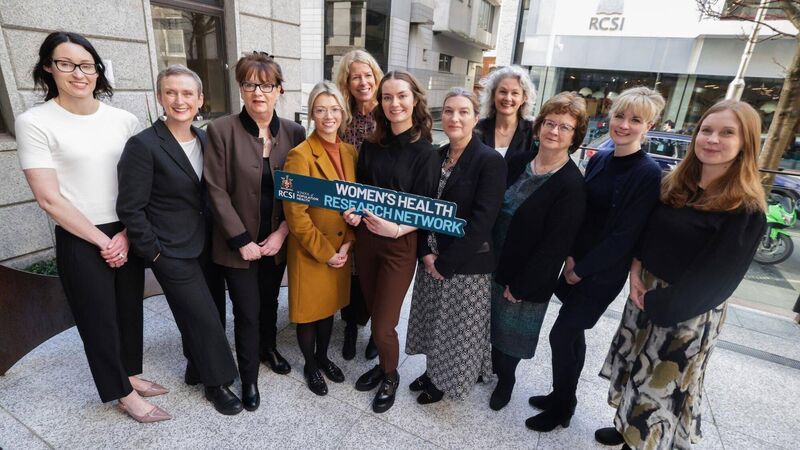Women’s health: New network aims to drive research in key areas

The School of Population Health at RCSI University of Medicine and Health Sciences has launched a Women’s Health Research Network to promote and advance research dedicated to women’s health in Ireland
Women represent half of the population, yet investment in women’s health is distinctly lacking, and many conditions lack tailored prevention, diagnosis and management strategies and remain poorly understood.







 App?
App?


